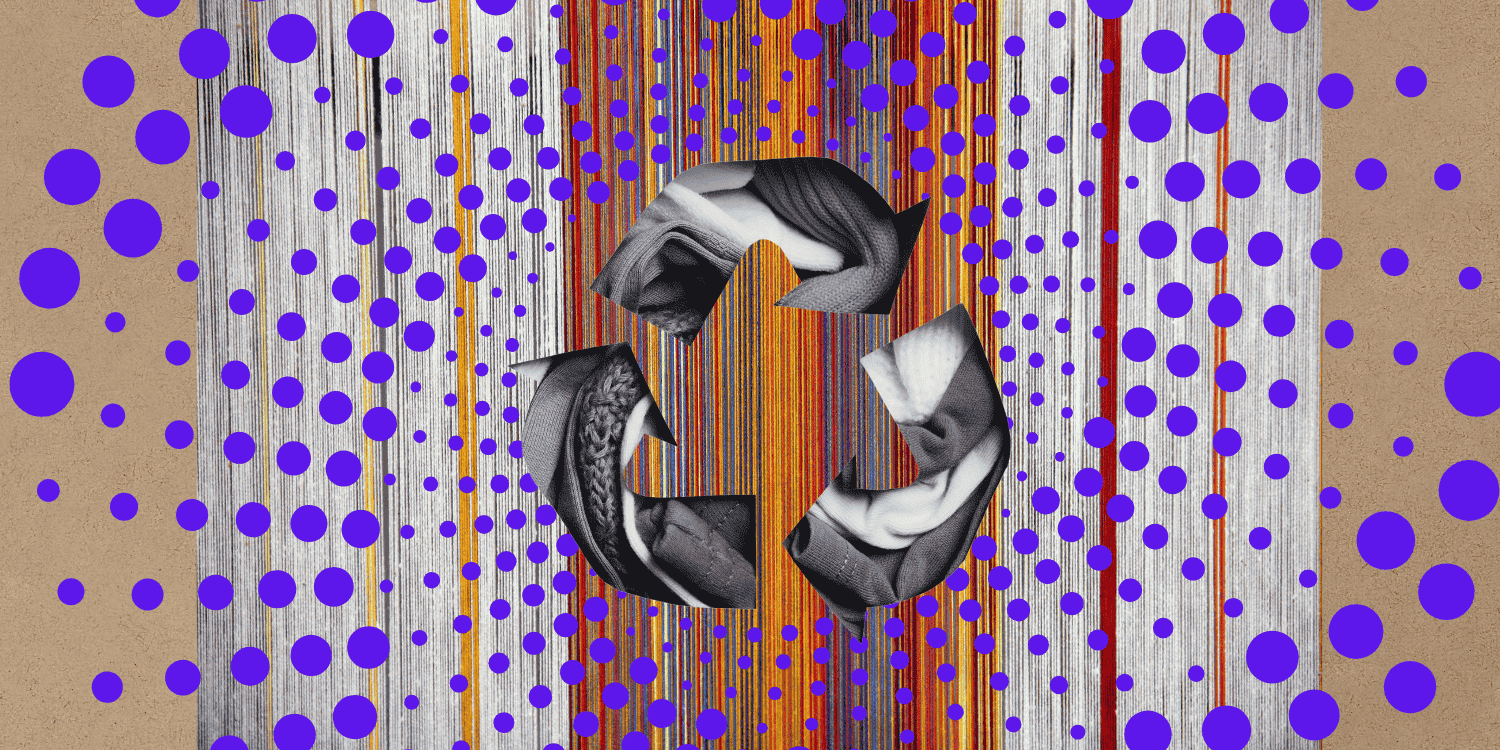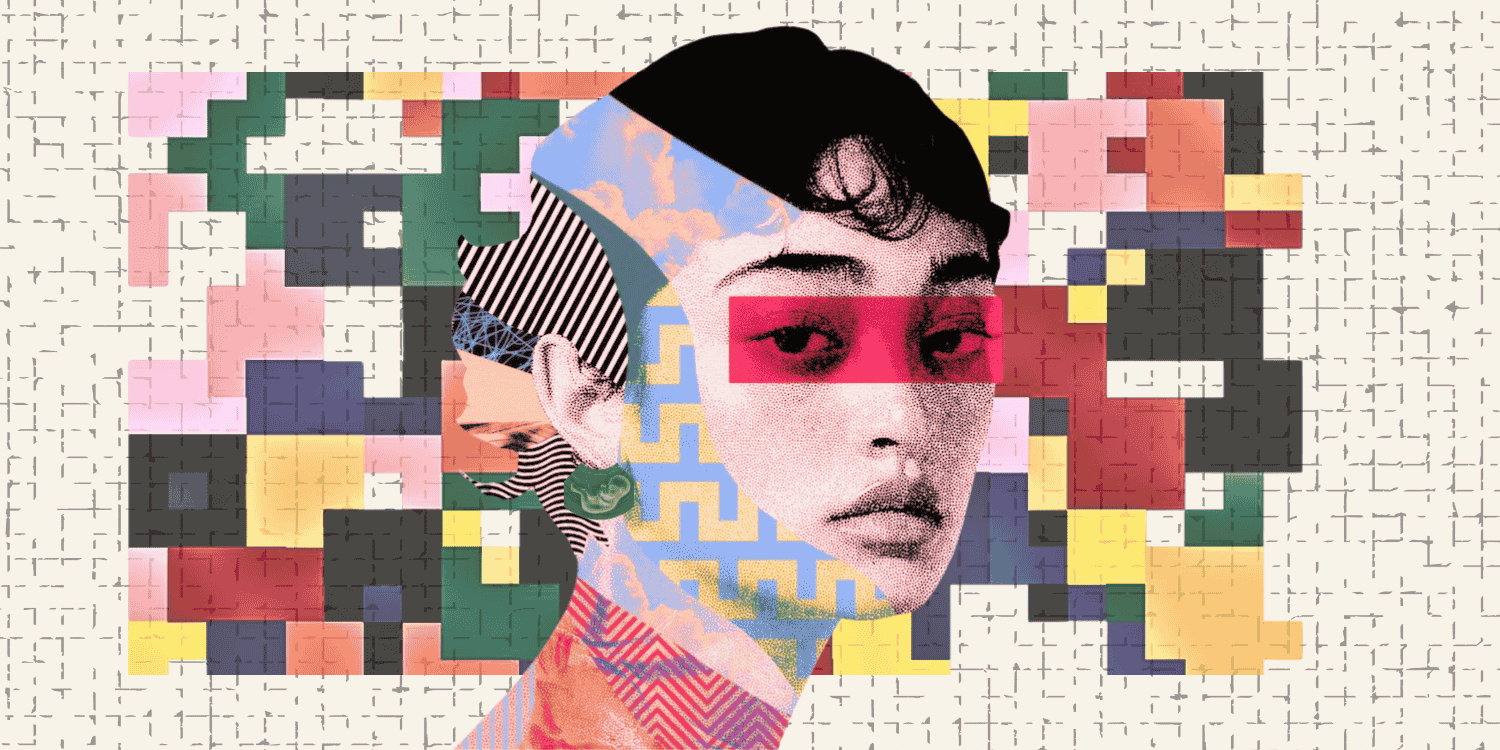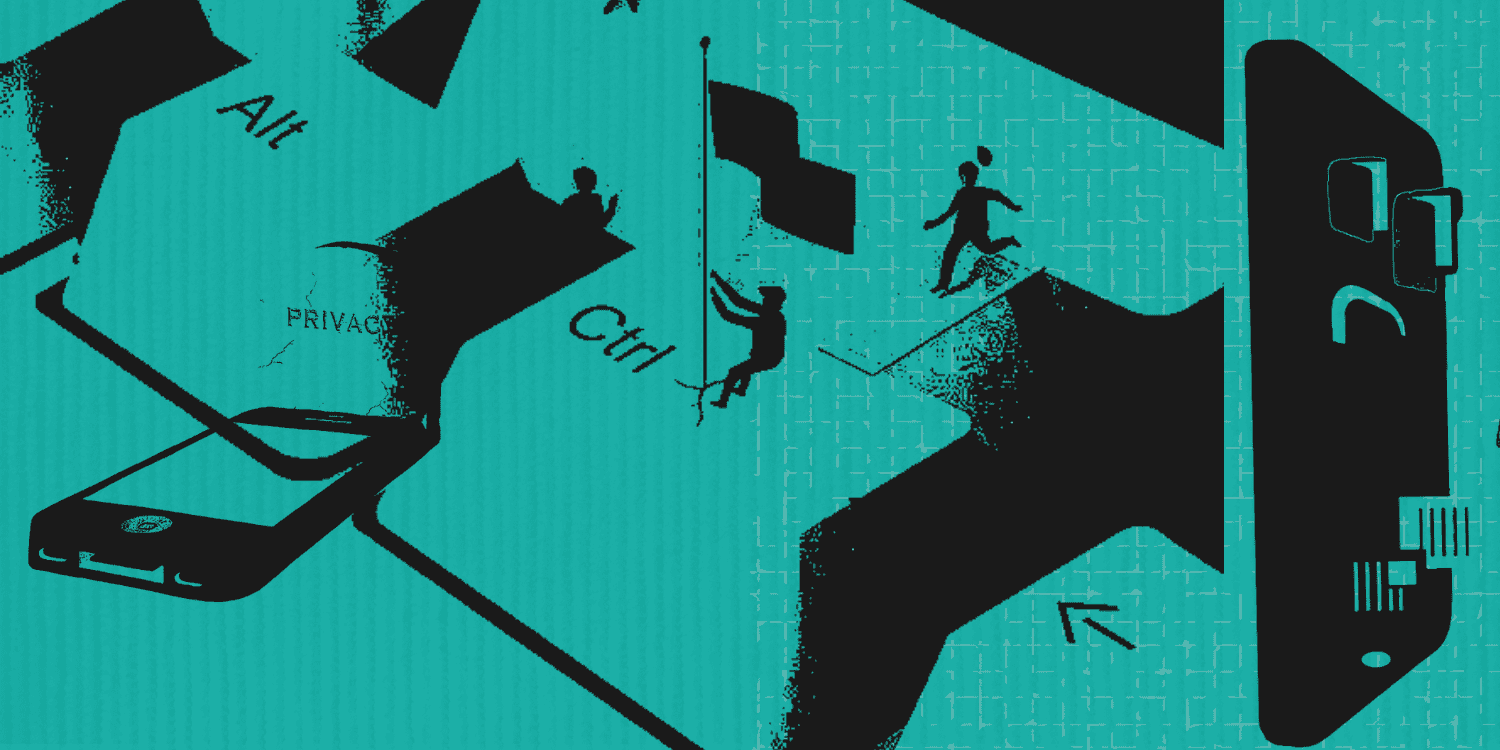INTRODUCTION
The second wave of COVID-19 ruptured families across India. Despite widespread media coverage, the conversation overlooked a demographic worst affected by it, namely children. According to a Lancet study by Bachman et al. (2021), last year saw 11,34,000 children lose their primary caregivers to COVID-19 globally. This figure includes at least one parent or custodial grandparent. The National Commission for Child Rights recorded over 3,500 children who lost both their parents during the pandemic in India (The Wire Staff 2021). However, the Lancet report documents a much higher number of children orphaned, reporting 1,16,263 minors who lost their parents between March 2020 and April 2021. In contrast, the number of children who lost primary or secondary caregivers was 1,86,972 (Bachman et al., 2021) (Table 1 and 2 below).
Table 1: Loss of primary caregivers in India
| Number | 1,19,170 |
| Rate per 1000 children | 3 |
Table 2: Loss of primary or secondary caregivers
| Number | 1,86,972 |
| Rate per 1000 children | 5 |
Source: Bachman et al. (2021)
This trend led to a new sub-category of bereaved children, referred to as the ‘COVID orphans’. With COVID orphans as its main point of departure, this commentary highlights the need to engage in extensive and informed dialogue around adoption in India, presently informed by neglect, misinformation, and prejudices. The first part of the paper provides an overview of the complex legalities surrounding adoption in India. Subsequently, the second half identifies a series of unaddressed challenges gripping adoption discourse that rely heavily on a parent-centric approach. This commentary outlines the need for a child-centric approach to adoption where the State and the society are equal stakeholders in creating a holistic approach towards adoption in India.
LEGAL OVERVIEW
Adoption practices in India are primarily informed by the Hindu Adoption and Maintenance Act of 1956 [HAMA] and Juvenile Justice (Care and Protection of Children) Act of 2000 [JJ]. Both legislations have different provisions and objectives. HAMA is the statute that governs the adoption of and by Hindus. The definition of ‘Hindus’ here is expansive as it includes Buddhists, Jains, and Sikhs. It gives an adoptive child all the rights of a natural-born child, including the right to inheritance.
In contrast, while Islamic jurisprudence does not prohibit adoption, Muslim personal law also does not recognise an adoptive child as equivalent to a natural-born child. According to the Muslim Personal Law (Shariat) Application Act of 1937, Muslim couples are only permitted to be legal guardians of the adoptive child. The adoptive child does not have the right to inherit the property of the adoptive parents. These provisions are based on Islamic jurisprudence derived from Shariat, which states that a child’s connection is never severed from their biological parents. Therefore, adoptive parents are merely trustees of the child and not their natural parents (Sodha 2018), and once the child becomes an adult, the guardian-ward relationship ceases to exist.
Until the Juvenile Justice Act of 2000, the Guardians and Ward Act of 1980 [GWA] was the only means for non-Hindu individuals to become guardians of children from their community. However, since the GWA appoints individuals as legal guardians and not natural parents, guardianship is terminated once the ward turns 21 and the ward assumes individual identity. Under the GWA, foreigners wishing to adopt an Indian child would have to undergo a tedious process with no clear regulations to monitor the procedure. The enactment of the secular JJ Act in 2000, amended in 2006, 2011, and 2015 resolved many contradictions that the previous legislations presented. The provisions of the act decree that persons belonging to all religions can adopt children without constraints from their personal laws, thereby granting the rights and privileges of a natural-born child to the adoptive child. Per the Muslim Personal Law, The JJ Act brings Muslim prospective-parents into the fold who could previously only become legal guardians. While it has addressed the unevenness of the previous legislations, in practice, the Act still leaves loopholes related to succession and inheritance unaddressed.





